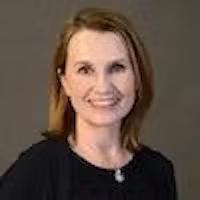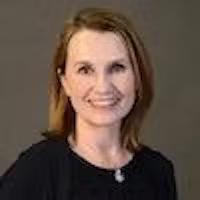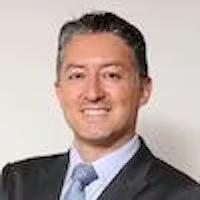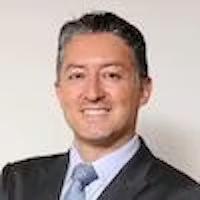Explore how climate change affects landscapes, cities, and health while learning to create sustainable environments and adapt to environmental challenges.
Explore how climate change affects landscapes, cities, and health while learning to create sustainable environments and adapt to environmental challenges.
This course cannot be purchased separately - to access the complete learning experience, graded assignments, and earn certificates, you'll need to enroll in the full Climate change education Specialization program. You can audit this specific course for free to explore the content, which includes access to course materials and lectures. This allows you to learn at your own pace without any financial commitment.
Instructors:
English
What you'll learn
Understand landscape elements and natural disasters
Analyze urban environmental impacts
Evaluate climate change health effects
Develop sustainable environment strategies
Implement ecological footprint reduction
Skills you'll gain
This course includes:
1.07 Hours PreRecorded video
5 quizzes
Access on Mobile, Tablet, Desktop
FullTime access
Shareable certificate
Get a Completion Certificate
Share your certificate with prospective employers and your professional network on LinkedIn.
Created by
Provided by

Top companies offer this course to their employees
Top companies provide this course to enhance their employees' skills, ensuring they excel in handling complex projects and drive organizational success.





There are 2 modules in this course
This course examines the relationship between climate change and environmental sustainability. Students learn about landscape components, urban development impacts, and health implications of climate change. The curriculum emphasizes practical approaches to creating sustainable environments and promoting environmental health.
Landscape and climate change
Module 1 · 3 Hours to complete
Sustainable environments
Module 2 · 4 Hours to complete
Fee Structure
Instructors

2 Courses
Education Specialist
Since September 2002, Emma Näslund-Hadley has served as an education specialist in the Education Division of the Inter-American Development Bank (IDB) in Washington, DC. She leads and collaborates on a diverse array of projects in the education sector and coordinates the Bank's initiatives to enhance mathematics and natural sciences education. From 1999 to 2002, Emma was a policy advisor in the European Parliament, focusing on education policy, gender issues, and labor market concerns. Previously, she held roles at the United Nations and the Swedish International Development Agency, where she was responsible for designing, implementing, and monitoring education projects in Central America, Mexico, the Dominican Republic, and Cuba. Emma has authored articles in peer-reviewed journals and institutional reports. She holds a master's degree in international economics and finance from Linköping University and a master's degree in public affairs from Princeton University.
Technical Advisor for Renewable Energy Projects at the Inter-American Development Bank
Juan Paredes serves as a Technical Advisor for renewable energy projects at the Inter-American Development Bank (IDB), where he is responsible for providing expert guidance on financing initiatives related to wind and solar energy. His extensive experience includes collaborating with various governments across Latin America to develop policies aimed at integrating unconventional renewable energies into electrical systems, smart grids, and regional electrical integration projects. With a background that includes working with private developers and consultancy firms in Germany, Spain, and the United Kingdom, Juan has a comprehensive understanding of the global renewable energy landscape. He holds degrees in Mechanical Engineering and Physics from the Universidad de Los Andes in Bogotá, Colombia, as well as a Master's in Renewable Energies from the University of Oldenburg in Germany. Additionally, he has pursued specialized courses in Infrastructure at Harvard University, Energy and Climate Change at MIT, and Innovation in Energy at Stanford University. Juan's commitment to advancing renewable energy solutions reflects his passion for fostering sustainable development across the region.
Testimonials
Testimonials and success stories are a testament to the quality of this program and its impact on your career and learning journey. Be the first to help others make an informed decision by sharing your review of the course.
Frequently asked questions
Below are some of the most commonly asked questions about this course. We aim to provide clear and concise answers to help you better understand the course content, structure, and any other relevant information. If you have any additional questions or if your question is not listed here, please don't hesitate to reach out to our support team for further assistance.




